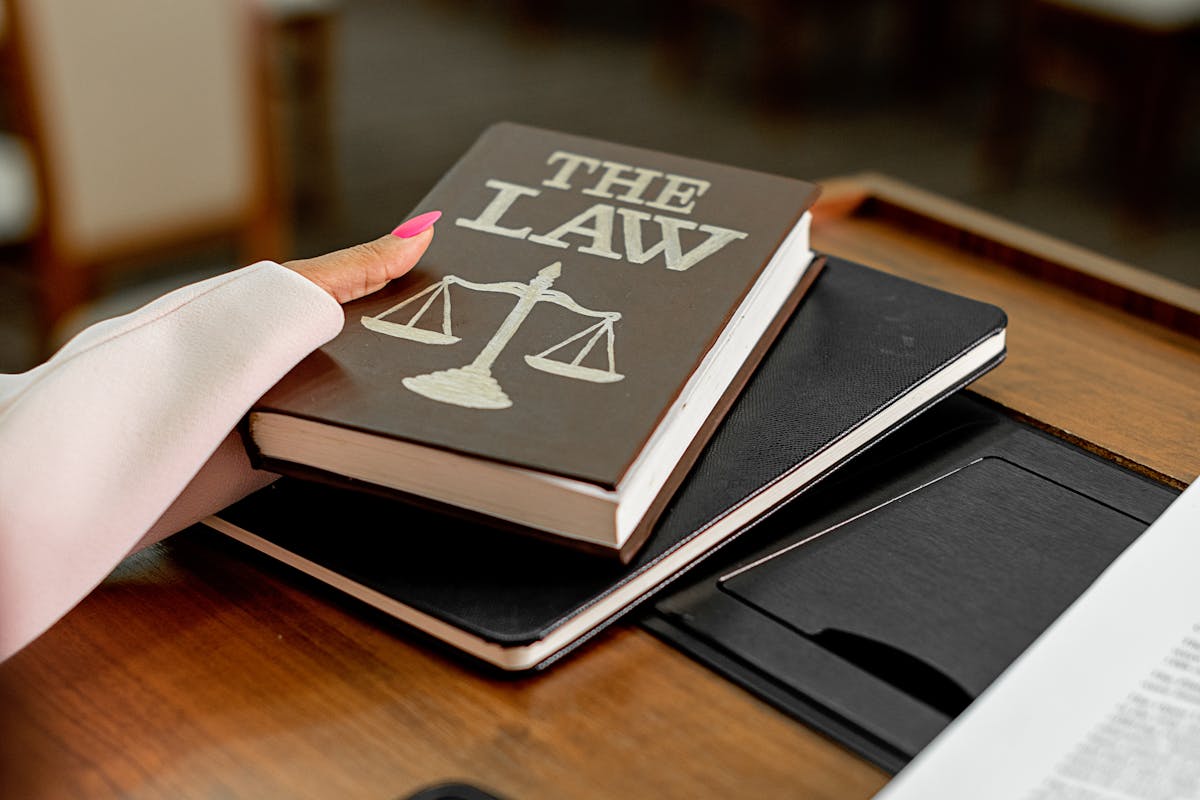The legal industry in Dubai operates in a global context, frequently employing Arabic, English, and other languages in government and corporate settings. Dubai law firms frequently write legal papers, contracts, and agreements in different languages to serve customers from all over the world.
Legal translation for law firms in Dubai is important in such a diversified environment. It guarantees that all of a legal document’s words, paragraphs, and statements have the same meaning in all languages. Furthermore, legal translation assists in adhering to UAE regulations, which require the filing of a significant number of official papers in Arabic.
Translating words from one language to another is not the only component of proper legal translation. The goal is to maintain the legal text’s structure, meaning, and tone while making sure it complies with UAE laws.
To understand how legal translation works in general, see our Complete Guide to Legal Translation in Dubai.
Why Legal Translation for Law Firms in Dubai is Required?
Law firms in Dubai deal with an increasing number of international clients. The city has become a global hub for trade, real estate, and finance, which brings together people from many linguistic backgrounds. This diversity creates a strong demand for legal translation services for lawyers.
Legal translation is essential for various purposes
1. Contract creation and review
Agreements made between Arabic-speaking and non-Arabic-speaking parties must be accurately translated to avoid misinterpretations.
2. Court files and arbitration
UAE courts and arbitration centers demand that all submissions be in Arabic and translated by certified translators [Dubai Courts].
3. Cross-border cases
Translations guarantee that local laws and foreign laws correctly match in international conflicts.
4. Official communication
In Dubai, ministries, embassies, and government agencies frequently ask for legally translated papers for approval and certification.
Law firms are required by law to use certified legal translation for law firms in Dubai to ensure every document carries legal weight.
Types of Documents Law Firms Commonly Get Translated

A lot of the legal papers that law firms deal with require expert translation. Typical instances consist of:
- Power of attorney and affidavits
- Contracts and agreements
- Court judgments and pleadings
- Arbitration and dispute resolution documents
- Company formation and compliance papers
- Legal opinions and case summaries
must be translated with a high degree of reliability.
The UAE Ministry of Justice (MOJ)-approved professional legal translators in Dubai are required to provide all such translations. This ensures that the record is valid with the law and that official authorities, lawyers, and the government will accept it.
Key Qualities of Reliable Legal Translation for Law Firms in Dubai
Selecting the appropriate translation partner is a necessity for legal companies. The following are the key features that make trustworthy legal document translation for law firms:
1. Accuracy
The terminology used in law is highly technical; a single mistranslated word could affect the meaning of an agreement or contract. Maintaining legal exactness and being aware of the language used in different countries are requirements for translators.
2. Security
Private client data is frequently included in legal filings. A trustworthy translation service guarantees that all information is managed safely and respects tough non-disclosure and privacy guidelines.
3. Certification
Only translators approved by MOJ can provide certified translations to courts and government agencies in Dubai. According to UAE government Federal Decree by Law Regulating the Translation Profession.
4. Timeliness
Court hearings, contract submissions, and filings sometimes have strict deadlines for law firms. Delivering translated papers on time is essential to preventing fines or delays.
5. Linguistic and cultural comprehension
It takes more than simply linguistic proficiency to translate between Arabic, English, or French. Understanding legal customs and cultural quirks ensures clarity and accuracy in meaning.
Legal Translation Challenges for Law Firms

There are several difficulties with legal translation, regardless of its importance. Dubai law firms frequently deal with problems like
1. Legal Term Misinterpretation
A properly translated sentence may lead to disagreements between parties or undermine a lawsuit.
2. Translation Errors
When many translators work on similar instances, terminology may change, leading to misunderstandings.
3. Deadlines that Must be met Quickly
Legal proceedings frequently go quickly, leaving little time for translation without sacrificing quality.
4. Data Confidentiality
Without appropriate agreements, it may be challenging to guarantee the secrecy of legal information while outsourcing translation.
These difficulties show the need for hiring qualified and experienced legal translators for Dubai-based law companies.
The Best Methods for Law Firms to Use When Contracting Out Legal Translation
Outsourcing legal translation can save law companies time and money, but caution is necessary. The following are recommended procedures to adhere to:
- Check the qualifications of the translator: Make sure that interpreters are certified by the embassy or approved by the MOJ. This ensures that UAE officials will approve the translation.
- Employ data protection provisions and NDAs: Sign non-disclosure agreements to safeguard sensitive information before distributing legal papers.
- Request translation samples: Request sample work before giving big tasks so you can evaluate the style, tone, and correctness.
- Keep a legal lexicon up to date: To ensure uniformity in all translated texts, establish an internal dictionary of important legal words.
- Projects involving translation should be centralized: Working with a single, reliable translation partner guarantees faster turnaround times and consistent quality.
The Future of Legal Translation in Dubai’s Legal Industry
Legal translation appears to have a more technologically advanced and specialized future as Dubai develops into a major worldwide hub for commerce and law.
As AI-assisted translation systems proliferate, they enable translators to work more quickly. But the human comprehension required for legal precision cannot be replaced by these instruments. Most legal firms adopt a hybrid approach, utilizing both technology and trained human translators.
Digital change is also transforming the legal sector. Several legal firms are using cloud-based solutions that facilitate the safe exchange of translated documents. This enhances teamwork and expedites project completion.
Additionally, there is an increasing demand for multilingual legal experts who are knowledgeable about both international and UAE law. Their knowledge guarantees that translations are both legally sound and linguistically accurate.
Building Trust Through Accurate Legal Translation

Accuracy is crucial in Dubai’s multilingual and fast-paced judicial system. Legal translation is an essential component of preserving legal correctness, legitimacy, and compliance for law firms; it is not only a support function.
Law firms may protect their clients’ interests and maintain the validity of their legal documents by working with certified and qualified translators. In legal documentation such as contracts, mediation files, company documents, and orders, every word matters.
By investing in reliable legal translation for law firms in Dubai, companies can make sure their documents meet with the strict legal standards of the United Arab Emirates, strengthen their client relationships, and reduce their legal risks.
Learn more about the procedures and requirements for legal translation in Dubai by looking through the complete Legal Translation Dubai Guide, which offers professional advice and best practices. See our Complete Guide to Legal Translation in Dubai.


